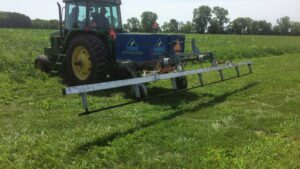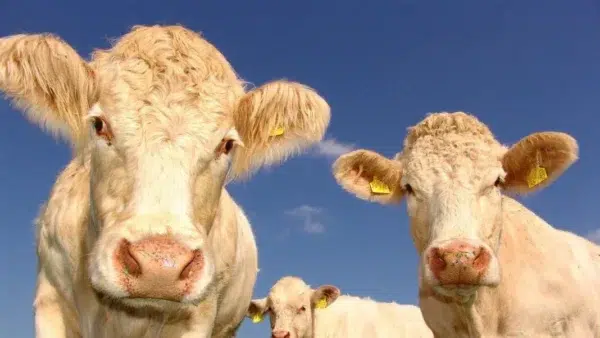Bioheuris and Gensus announced a partnership to develop herbicide resistance in cotton using CRISPR gene editing.
Herbicide-resistant (HR) GMO cotton expressing genes from other species are already available for farmers in several countries. The technology these companies are developing is different because it creates HR traits by enhancing the performance of the crop’s own genes.
“To empower cotton, we will use gene editing to precisely change a few nucleotides from the crop genome without introducing foreign DNA,” says Lucas Lieber, CEO and co-founder of Bioheuris. “The changes are small and could occur in nature albeit at low frequency. Compared to transgenic plants, their regulatory approval is less complex and faster.”
Four herbicide resistant GMO traits are commercially available in cotton globally, but only one, authorized more than 20 years ago, is on sale in Argentina.
“This partnership with Bioheuris aligns with our purpose of bringing the best genetics and traits to cotton growers,” says Pablo Vaquero, president of Gensus. “New solutions and greater diversity of tools are key to empower cotton farmers and for the future of the cotton industry.”
Weeds Impact on Cotton
Cotton being a widely spaced and slow early-growing crop is very sensitive to weed competition. More than 20 troublesome weeds can reduce cotton yield by more than 50% and contaminate cotton lint, reducing quality.
Herbicide use in cotton is restricted to specific time windows. Early application herbicides could kill the crop if applied later. HR traits make it possible to apply these herbicides without damaging plants. But when the same herbicide is repeatedly used, weeds start developing resistance.
“With gene editing it is possible to optimize several resistance genes in the same variety fast and cost-effectively,” says Lieber. “Compared to commercial alternatives, our technology will provide resistance to herbicides that are used in low doses and that are safer for the environment and people.”
The combination of various HR traits would allow growers to use chemical mixes that delay weed resistance, a main challenge in today’s agriculture.
“This is the beginning of a collaboration to develop advanced technologies for cotton growers in our country and around the world. We will seek synergies with other partners to go further together,” concludes Vaquero.












